Fruits In Arabic – Arabic Essential Vocabulary, Translation And Meaning
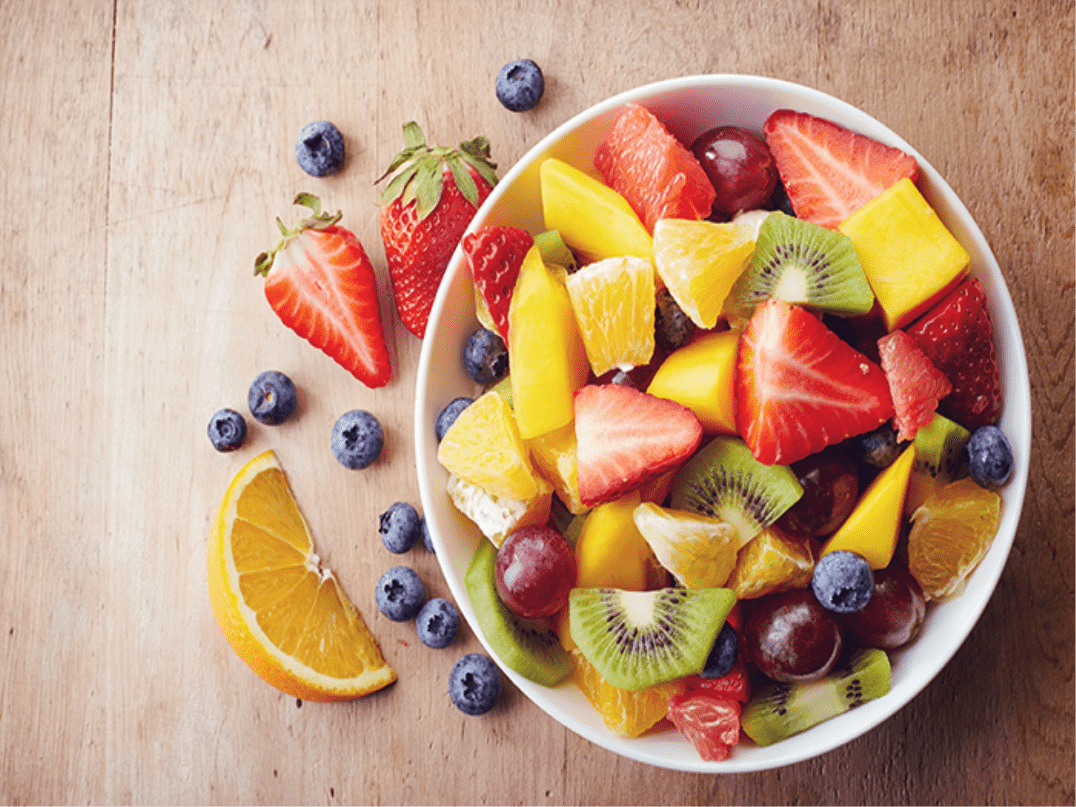

As we stated in a previous article, vegetables are an important aspect in the lives of Arabs, regardless of whether it’s sweet or savory. Arab cuisine is centuries old and reflects the great trading of spices, herbs and foods. Also, it is highly influenced by traditions, which dictate a diet filled with fruits. If you go in the house of an Arab for a visit, you will be served with nuts, fruits, tea and coffee, maybe in that exact order! So, knowing fruits in Arabic may come in handy when the host asks you for your favorite.
Don’t be surprised if you also find yourself being served dried fruits. These were important in the Middle East where refrigeration was not always available. Arabs put out large quantities of dried apricots, grapes, plums, apples and pears, but dates are most popular. The Syrian Desert city of Tadmor (ancient Palmyra) supplies most of the dates found in Damascus, Aleppo and Beirut. All kinds of fruits are also candied so that they can be preserved and served as special treats in winter months. Damascus is famous for the large wooden trays of candied fruits sold in shops around Marjah Square.
With this in mind, here is a short list of fruits in Arabic that will help you buy your next batch from your local produce market.
This fruit is probably the most underrated worldwide, as it’s present in everything. Besides consuming it, Arabs actually put pieces of dried apple in the tobacco heads of their arghile.
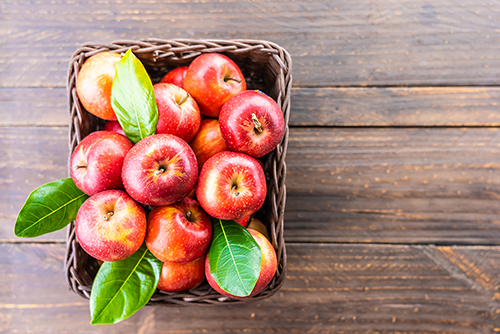
Besides eating the fruit, Arabs also use orange flower water – the clear, perfumed by-product of the distillation of fresh bitter-orange blossoms – as an essential oil.
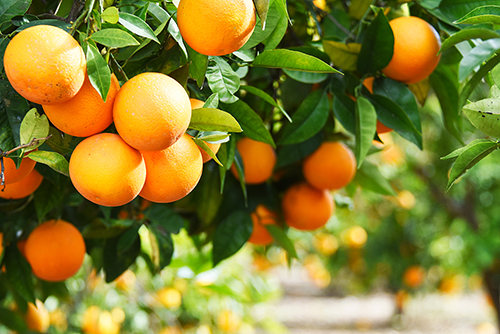
You will find watermelon being served in huge chunks after Arabs have had their fill of grilled meats at a barbeque.
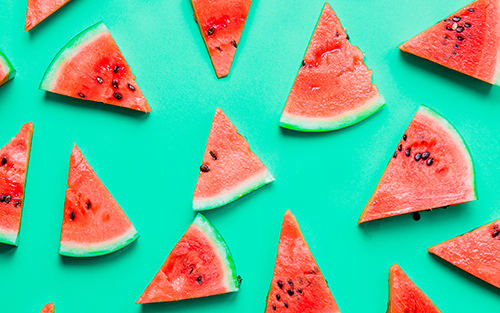
Bananas are very popular in Egypt, especially because they are all domestically produced and available at relatively low prices.
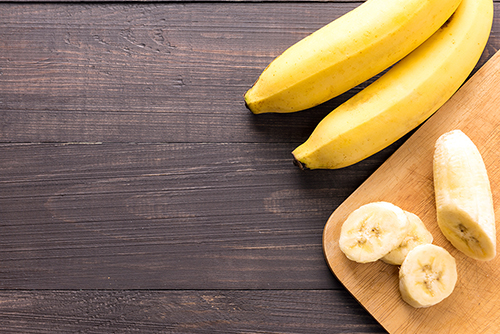
Arab cuisine has a preference for certain fruits, and grapes are one of them. They are used in both sweet and savory dishes. Dried grapes are actually fried and used as a topping on various dishes that include rice and poultry.
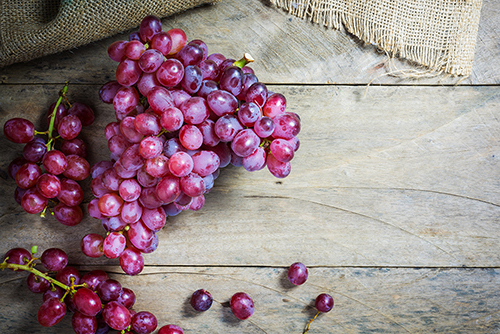
Strawberries are quite a new fruit introduced in the Arab world, as it is said that they originated in Europe.
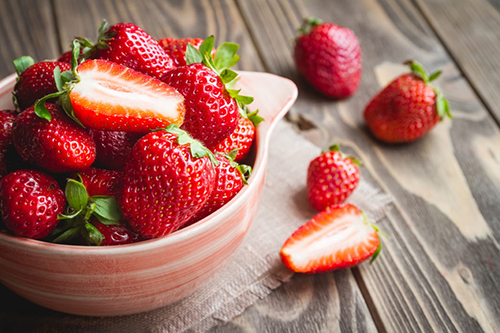
There’s a popular alcoholic drink typical in the Arab world called arak. It tastes similar to ouzo and is sometimes served with fresh pineapple.
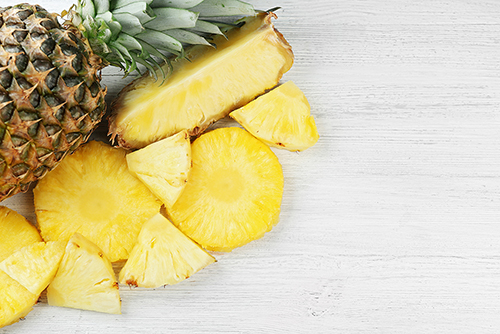
Peaches are another popular fruit among Egyptians since it can be plentifully found there, and the weather in the region is good for growing peach trees.
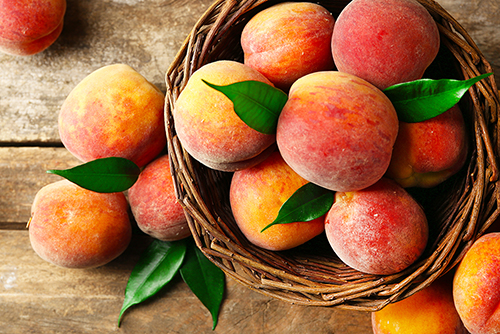
These are one of the most important fruits in the Arab world and are also served dried. In fact, the dried fruit is sometimes turned into a paste which is combined with water to make a kind of smoothie served during the holidays.
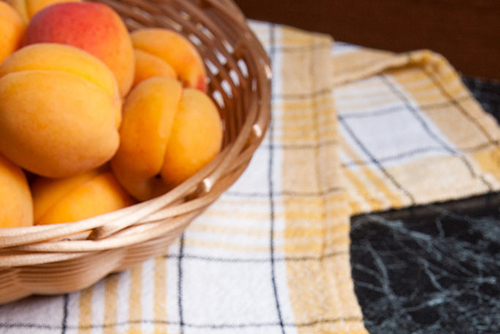
Each fruit is more popular in different regions depending on its availability throughout the year. However, even if they are not found, Arabs understand the importance of eating healthy, so it’s no wonder fruits are present everywhere in the Middle East.
If you want to learn more about fruits in Arabic, or offer basic Arabic words, check out our blog and app. Who knows? Maybe you’ll find other words about food that will help satiate your appetite while roaming around the Arab world! Don’t forget to download our Arabic learning app!